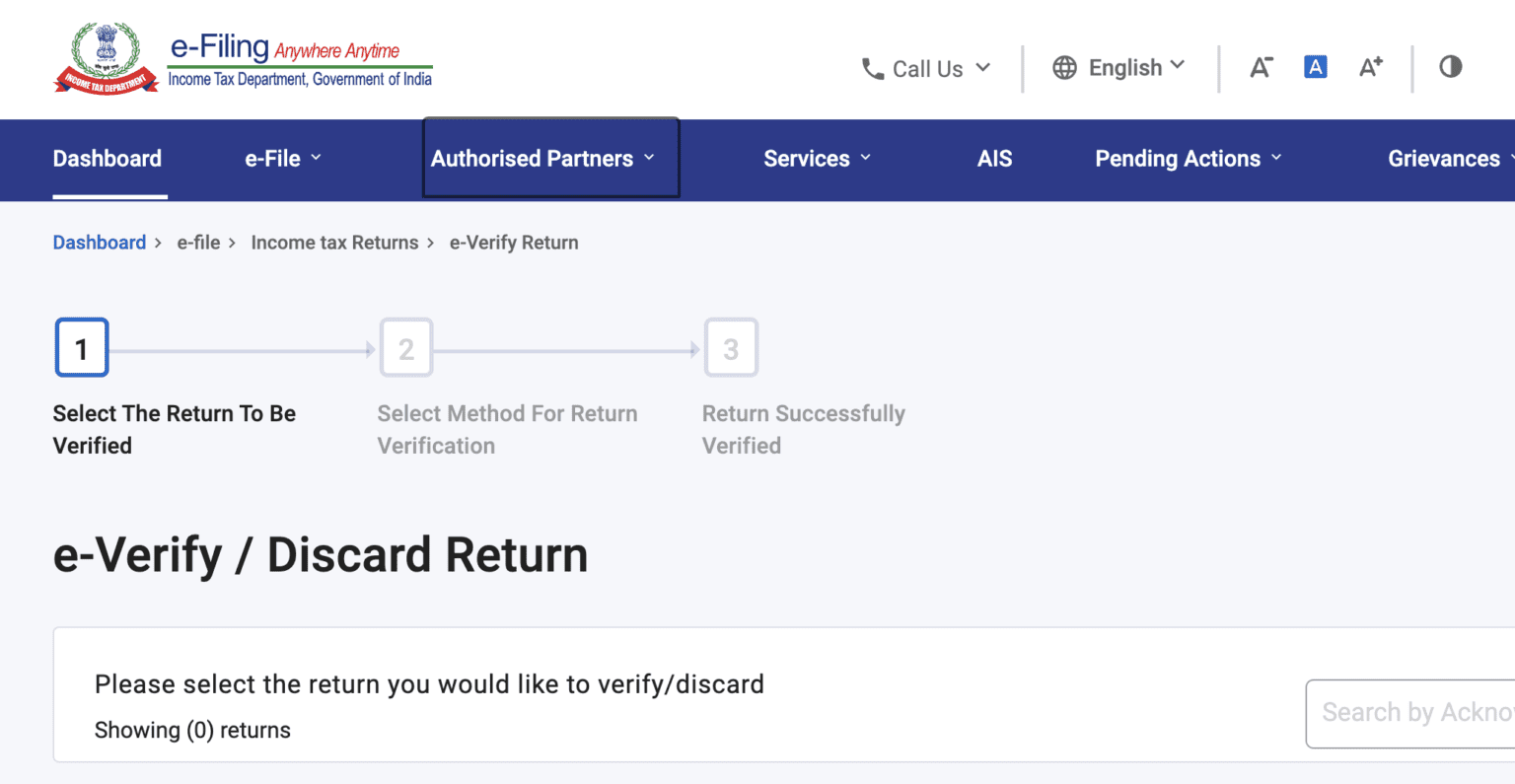As per the Companies Act 2013 (in India), the appointment of a director in a private limited company is governed by the following rules and procedures
- Eligibility To be eligible for the position of director in a private limited company, a person must have a Director Identification Number (DIN) issued by the Ministry of Corporate Affairs (MCA). They shouldn’t have been disqualified from being appointed as a director under the Companies Act or any other law.
- Obtaining DIN If the person doesn’t have a DIN, they need to apply for one through the MCA gate (www.mca.gov.in) by filling the DIR- 3 form.
- Concurrence and Protestation Before appointment, the proposed director must give his/ her concurrence to act as a director of the company. They must also furnish a protestation that they aren’t disqualified to become a director under the Companies Act.
- Appointment The appointment of a director can be done in the following ways:
- Appointment by Shareholders Shareholders of the company can appoint a director at the Annual General Meeting (AGM) or an Extraordinary General Meeting (EGM) by passing an ordinary resolution( unless the Articles of Association bear a special resolution).
- Appointment by the Board The Board of Directors can appoint fresh directors between AGMs or EGMs to fill casual vacancies or to meet the conditions of the board. Such an appointment will be subject to ratification by shareholders at the coming general meeting.
- Suggestion and Form Once the director is appointed, the company must inform the MCA about the appointment within 30 days using the DIR- 12 form.
The procedure for the Appointment:
- Check Eligibility ensures that the person proposed to be appointed as a director meets all the eligibility criteria, including having a valid Director Identification Number (DIN) and not being disqualified under the Companies Act or any other law.
- Board Resolution The first step is to convene a meeting of the board of directors to pass a board resolution proposing the appointment of the new director. The resolution should include details similar as the name of the proposed director, their DIN, concurrence to act as a director, and other applicable particulars.
- Suggestion and concurrence gain the concurrence of the proposed director in writing to act as a director of the company. The existent must also give a protestation that they aren’t disqualified from getting a director.
- Hold General Meeting Once the board resolution is passed, convene an Extraordinary General Meeting (EGM) or Annual General Meeting (AGM) to get the blessing of the shareholders for the appointment of the director. Notice of the meeting, along with the docket and applicable documents, must be transferred to all shareholders as per the Companies Act.
- Shareholder Approval During the EGM or AGM, the shareholders will pass an ordinary resolution to authorize the appointment of the new director. The resolution should be filed with the Registrar of Companies (RoC) within 30 days using the MGT- 14 form.
- File DIR-12 Within 30 days of passing the board resolution, the company needs to file the Form DIR- 12 with the RoC, which contains details of appointment of director. The form should be submitted through the MCA gate.
- Update Register of Directors After the appointment is approved, modernize the register of directors and crucial directorial labor force as per Section 170 of the Companies Act.
- Form DIR- 2 The recently appointed director needs to submit a Form DIR- 2 to the company, furnishing his/ her concurrence to act as the director and attesting that he she isn’t disqualified.
- Other Compliances ensure that all other applicable obediences are met, similar as streamlining the company’s books and registers, streamlining the website( if applicable), and making necessary forms with other non supervisory authorities.
FAQ's
The person must be at least 18 times old to be eligible for appointment as a director in a private limited company.
Yes, a foreign public can be appointed as a director in an Indian private limited company. Still, they must gain a Director Identification Number (DIN) from the Ministry of Corporate Affairs (MCA) before the appointment.
The process for carrying a DIN involves form Form DIR- 3 on the MCA gate along with the necessary documents, similar as identity evidence and address evidence.
Yes, a board meeting is necessary to pass a board resolution proposing the appointment of the new director. The resolution should be supported by the concurrence and protestation of the proposed director.
In utmost cases, a director needs to be appointed with the blessing of shareholders. The shareholders' blessing is attained through an Ordinary Resolution at a General Meeting
(EGM or AGM).
By dereliction, the term for appointment of director in a private limited company is over to five times. Still, the Articles of Association or shareholders may fix a shorter term.
Yes, a person can be appointed as a director in multiple companies, subject to the limit of 20 directorships (including public companies) as per the Companies Act 2013.
Yes, a director can be removed before the expiry of their term by passing a resolution in a General Meeting, subject to compliance with the vittles of the Companies Act.
Non-compliance with the appointment procedure can lead to penalties for the company and its officers, including forfeitures and fresh compliance conditions.
Yes, the ROC can remove a director from the company if there are valid grounds, similar as non-compliance, disqualification, or fraudulent conditioning.











